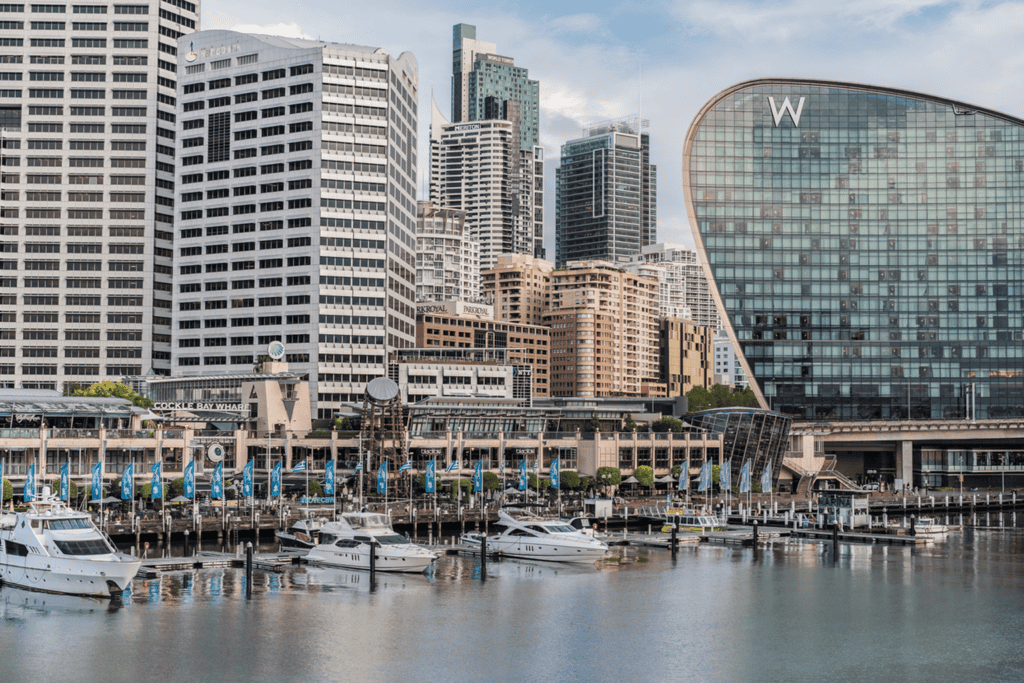These are tough times for many Australian businesses. But none have felt the brunt of the coronavirus crisis harder than small and medium-sized enterprises (SMEs).
Banks are seeing a rapid increase in calls from distressed small business owners. In the worst-hit hospitality and tourism industries, businesses are now in crisis, with many having closed their doors.
Has the coronavirus pandemic affected your business, or that of your clients? There’s help available to ease your financial burden.
Cash flow support
One type of support the government has recently rolled out is the enhanced Boosting Cash Flow for Employers scheme. If you’re eligible, the scheme will pay you up to $100,000 so you can remain in operation and keep your workers. The payments are equivalent to 100% of the tax you withhold from your employees’ salary and wages. If you’re not required to withhold tax, you can access a minimum amount of $20,000.
Government-guaranteed loans
Do you need additional working capital? The government is guaranteeing 50% of new small business loans worth up to $250,000 for a period of six months from April. Under the Coronavirus SME Guarantee Scheme, you can take out a loan without providing security or making repayments in the first six months.
Speak to your lender to find out if they’re participating in this program and how you can apply.
Repayments break
Australian banks have also ramped up their support of business banking customers. They’ve recently released a relief package that gives SMEs a six-month break from paying back their loans. The package applies to more than $100 billion worth of existing small business loans and could return as much as $8 billion into the pockets of SMEs, according to the Australian Banking Association.
Individually, some banks and other lenders have also waived fees, offered loan restructuring and deferred business credit card repayments.
Instant asset write-off
If you’re buying big-ticket items for your business, you can claim an instant write-off of purchases worth up to $150,000 – up from $30,000 previously. Eligible purchases must be made between 12 March and 30 June 2020. You can claim your tax deduction from the Australian Taxation Office (ATO) during tax time.
Wage subsidies for apprentices and trainees
Does your business employ apprentices or trainees? Retain them with a wage subsidy from the government.
If you’re eligible, you can apply for a 50% subsidy of your apprentices’ or trainees’ wages paid from January to September 2020. The government will reimburse up to $7,000 per quarter for each eligible person.
Relief for distressed businesses
If your business is in distress, the government has raised the threshold at which your creditors can issue statutory demands, from $2,000 to $20,000. It has also increased the time you need to respond to a statutory demand, from 21 days to six months.
For cases of insolvency, the threshold for a creditor to start bankruptcy proceedings is now $20,000 – up from $5,000. Directors also get temporary relief from personal liabilities for trading while insolvent, to encourage businesses to continue trading through this crisis.
This relief package applies for six months from 25 March 2020. The government, through the ATO, will tailor solutions for owners or directors of struggling businesses. Solutions include the temporary reduction or deferral of debt payments.
You and your clients don’t have to go through this difficult time alone. Seek help from the government and your lender now.




